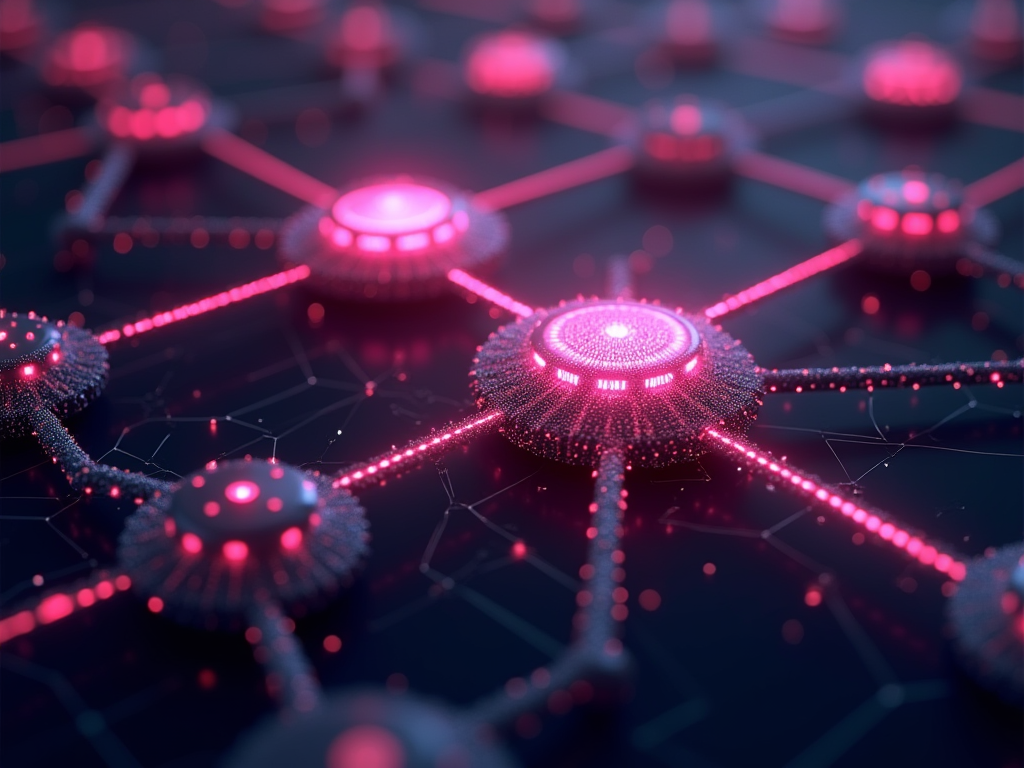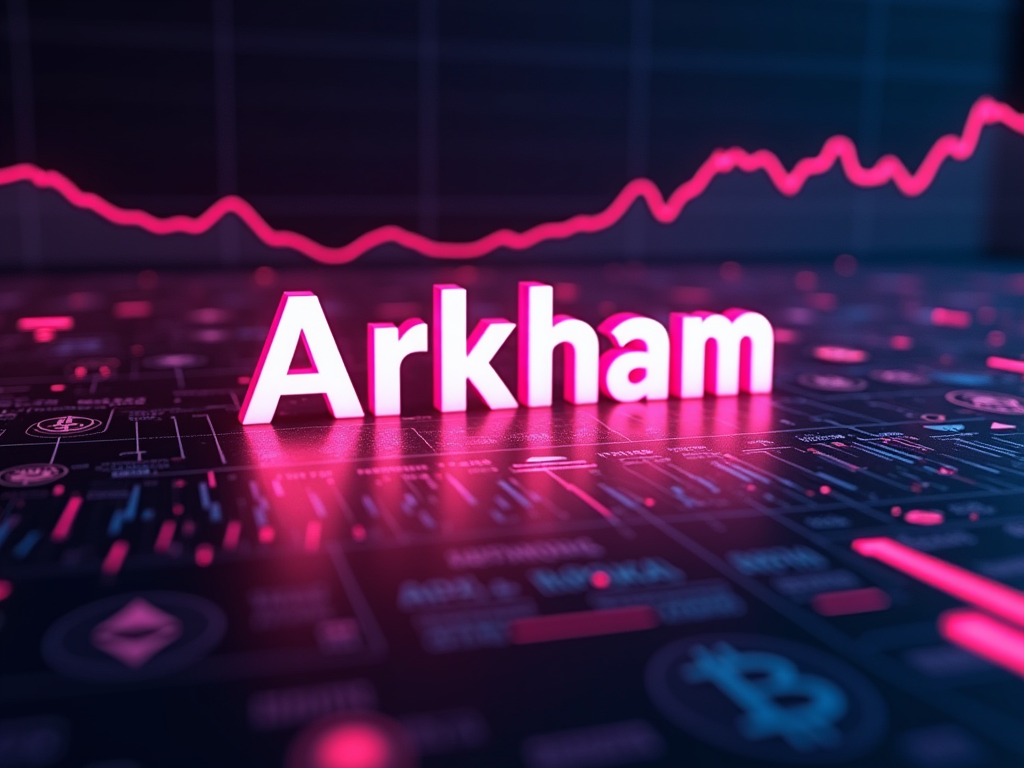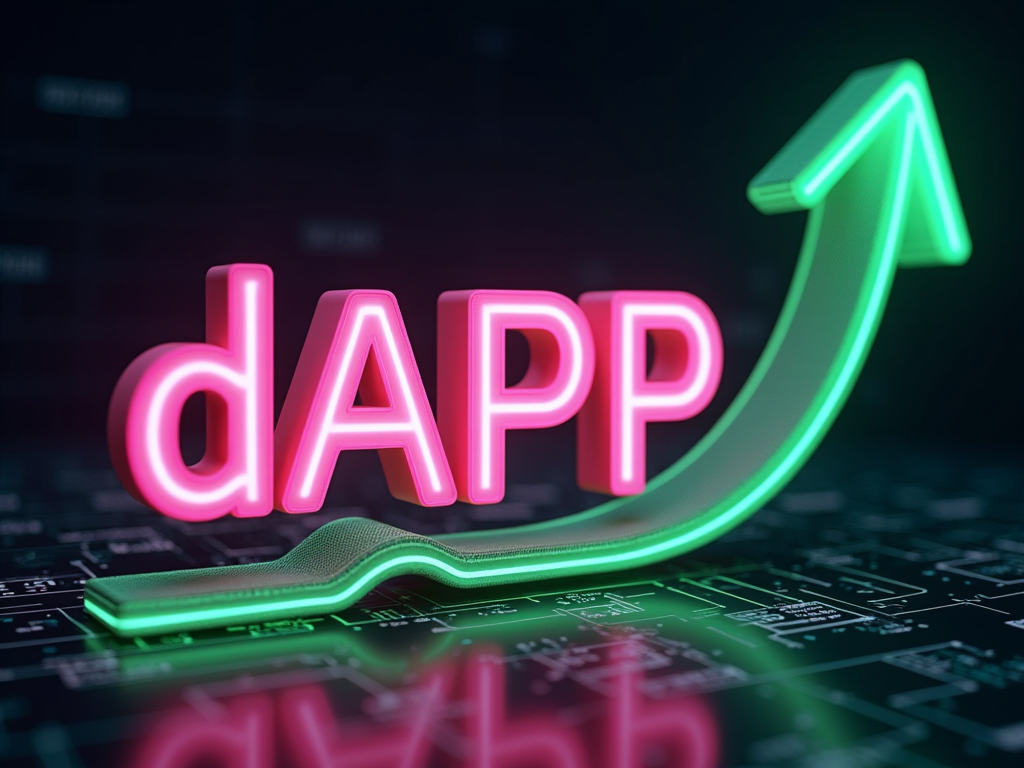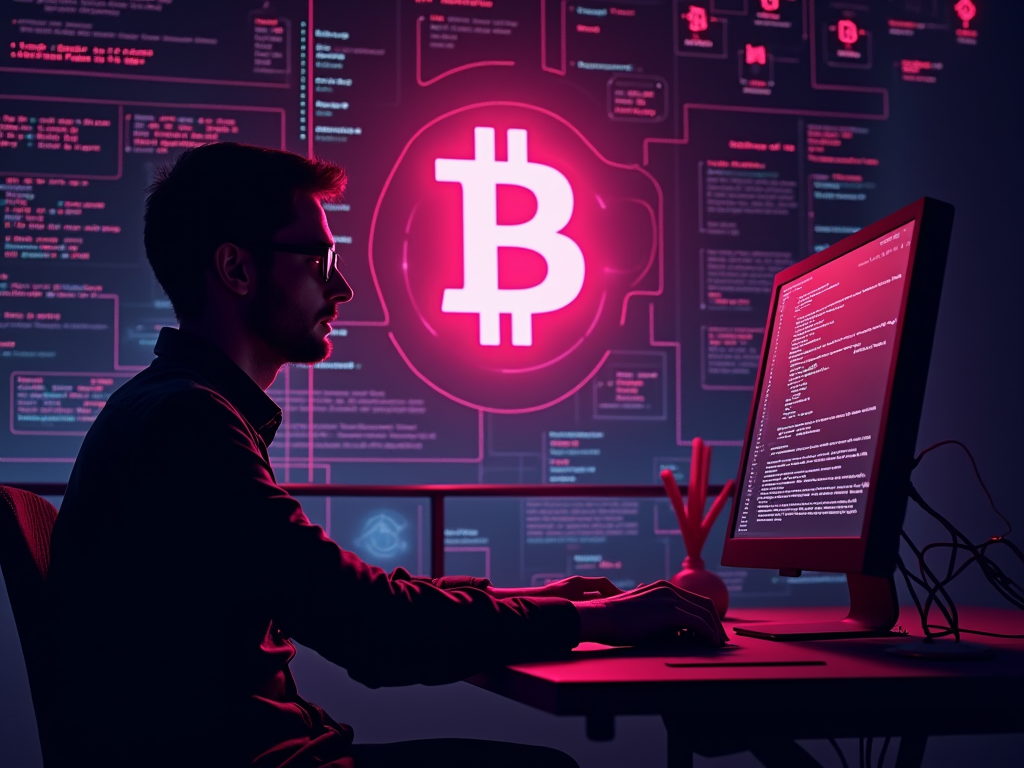Key Points
• AI-driven smart contracts on blockchain can automate complex processes across industries, increasing efficiency and security while reducing human error.
• While offering significant benefits, this technology also raises ethical concerns and challenges related to job displacement, accountability, and privacy that must be carefully addressed.
The Convergence of AI, Smart Contracts, and Blockchain
Artificial Intelligence (AI) has made significant strides in recent years, and its integration with blockchain technology and smart contracts is opening up new possibilities for autonomous systems. This powerful combination has the potential to transform various industries by enabling AI systems to execute tasks and transactions without human intervention.
How It Works
AI systems can be programmed to interact with smart contracts on a blockchain network. Smart contracts are self-executing contracts with the terms of the agreement directly written into code. When predefined conditions are met, the AI can trigger these smart contracts, which then automatically execute the specified actions.
The blockchain provides a secure, transparent, and immutable ledger for recording these transactions. This ensures that all actions taken by the AI system are traceable and verifiable, adding an extra layer of trust and accountability to the process.
Benefits of AI-Driven Smart Contracts on Blockchain
1. Increased Efficiency: AI-driven smart contracts can operate 24/7 by automating tasks such as data analysis, contract negotiation, and transaction processing, thereby minimizing the risk of human error and increasing the speed of operations.
2. Enhanced Security: The decentralized nature of blockchain, combined with its cryptographic security features, makes it extremely difficult for bad actors to manipulate the system. Additionally, AI can support the analysis and identification of anomalous patterns and detection of fraudulent activities for proactive mitigation of security risks.
3. Transparency and Auditability: All transactions and actions are recorded on the blockchain, providing a clear audit trail and promoting accountability. The immutable nature of blockchain ensures that all transactions are recorded permanently and transparently, making it easier to track and verify activities.
4. Reduced Human Error: Automating processes through AI and smart contracts minimizes the risk of errors that can occur with manual handling. AI algorithms can analyze vast datasets, identify trends, and make decisions based on data-driven insights, reducing the likelihood of human error.
Potential Applications
1. Finance: AI-driven smart contracts could automate complex financial transactions, such as derivatives trading, insurance claim processing, and loan approvals. AI can also assist in risk assessment and portfolio management, helping financial institutions make more informed decisions.
2. Supply Chain and Logistics: These systems could optimize inventory management, automate shipping processes, and ensure regulatory compliance without human oversight. AI can also help in real-time monitoring of shipments, reducing the risk of delays and losses.
3. Healthcare: AI could manage patient records, automate insurance claims, and even assist in diagnosis and treatment recommendations based on predefined protocols. AI can also help in personalized medicine by analyzing genetic data and providing tailored treatment plans.
4. Energy Sector: Smart grids could be managed autonomously, optimizing energy distribution and facilitating peer-to-peer energy trading. AI can optimize energy distribution, reduce energy waste, and promote sustainable energy practices.
Challenges and Ethical Concerns
1. Job Displacement: As AI systems become more capable of handling complex tasks, there are concerns about potential job losses in various industries, particularly in sectors where tasks are highly automated.
2. Accountability: Determining responsibility when autonomous systems make errors or cause harm can be complex. This raises questions about liability and accountability in cases where AI systems malfunction or make decisions that have negative consequences.
3. Privacy Concerns: The increased data collection and sharing required for these systems to function effectively raises questions about data privacy and security. Ensuring that personal data is protected and used ethically is crucial in the development and implementation of AI-driven systems.
4. Regulation and Governance: Developing appropriate regulatory frameworks for AI-driven autonomous systems is crucial but challenging due to the rapid pace of technological advancement. For example, the European Union’s General Data Protection Regulation (GDPR) provides guidelines for the use of personal data in AI systems, while the US has proposed regulations to ensure transparency in AI decision-making processes.
5. Ethical Decision-Making: Ensuring that AI systems make ethical decisions, especially in complex or ambiguous situations, remains a significant challenge. This requires developing AI systems that can understand ethical principles and apply them in real-world scenarios.













